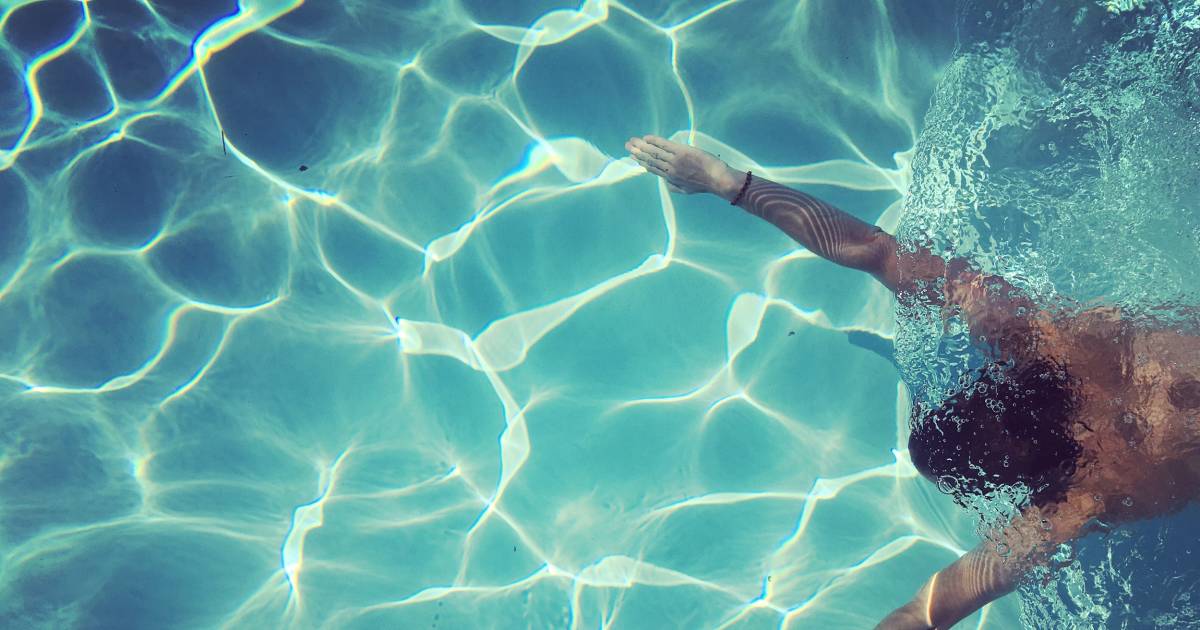
Get breaking news alerts and special reports. The news and stories that matter, delivered weekday mornings.
A hard-to-kill germ called Cryptosporidium can resist the chlorine disinfectant in swimming pools and is a leading cause of outbreaks linked to pools, federal health officials said Thursday.
Hotel swimming pools and hot tubs can be a major source of these outbreaks, the Centers for Disease control and Prevention said.
A third of the disease outbreaks traced to pools between 2000 and 2014 started in hotel pools and hot tubs, CDC said.
And many of those cases were caused by Cryptosporidium, a parasite that causes diarrhea, as well as the bacteria that cause Legionnaire’s disease and a second bacteria called Pseudomonas.
Cryptosporidium, or crypto for short, caused 58 percent of outbreaks in which a germ could be identified, and 89 percent of the illnesses, the CDC said.
“Most germs are killed within minutes by the amount of chlorine that CDC recommends and that is required by state and local governments,” said Michele Hlavsa, chief of the CDC’s Heaalthy Swimming Program.
Related
“Crypto can survive for seven or more days. It takes a lot of chlorine, for a lot of time, to kill crypto.”
And even though crypto is spread by a diarrheal incident — and yes, that’s what you think it is — it can be hard to see that happen in a pool full of kids.
“Diarrhea caused by crypto can be pretty watery so it can be pretty stealthy,” Hlavsa said.
Parents shouldn’t let kids go into pools if they’ve had diarrhea recently, and babies need even closer watching. If there is a diarrheal incident, the pool operator is supposed to clear the pool and flush it with extremely high levels of chlorine or bromine to kill the parasite.
Related
That evidently does not always happen.
Hlavsa’s team at CDC went through reports about 493 outbreaks of disease that could be linked to swimming pools between 2000 and 2014.
They made a lot of people sick: more than 27,000 illnesses. Eight people died.
More than half of the cases were caused by crypto, which infects people when they swallow contaminated pool water. Another 16 percent were caused by Legionella bacteria, which are usually inhaled in water spray.
Pseudomonas caused 13 percent of illnesses, and also causes folliculitis or “hot tub rash” and otitis externa or “swimmers’ ear”.
“Hotels were the leading setting, associated with 157 (32 percent) of the 493 outbreaks,” the CDC team reported.
“It’s really, really, really important to shower and not to pee in the pool.”
“It’s really, really, really important to shower and not to pee in the pool.”
Chlorine is very effective at killing germs if it’s kept at the right levels, and if the pH of the pool at kept at the proper level for the disinfectant to work.
In 2013, for example, the CDC said 20 percent of inspections of public hot tubs and spas showed they did not have enough disinfectant.
And bacteria can grow into mats called biofilms, which then resist the effects of chlorine and other disinfectants. These slimy biofilms typically have to be scrubbed off.
Hotel pools are probably not much different from any other public pool, Hlavsa said.
“We underestimate what it takes to properly operate a pool, whether it is a hotel pool or a water park pool,” she said.
Related
A properly trained operator has to be on hand to make sure chlorine or bromine concentrations and pH levels are where they should be, and should be on the lookout for poop incidents — even the hard-to-see kind —so they can immediately clear and disinfect the pool.
Why showering is so important
It also helps to enforce the rules about showering.
Be the first to comment